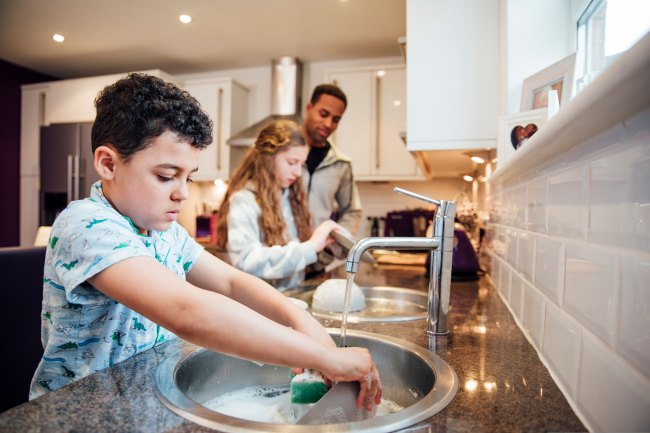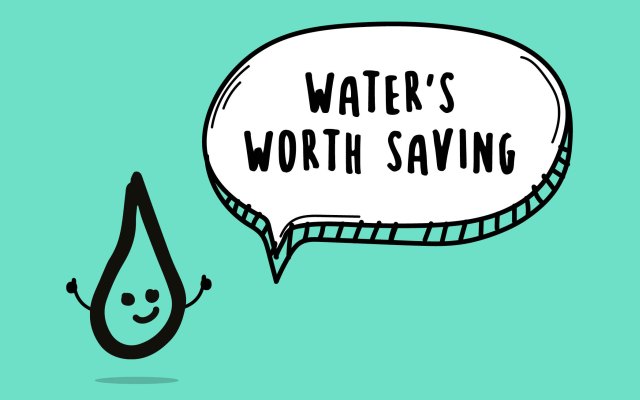Views
We can all do our bit to save water and help the environment
I must have turned on the tap at home a million times without giving a second thought about how much water I was using. That was before I joined Water UK this year and got to work helping to launch the industry’s water-saving campaign - Water’s Worth Saving.
I suspect most people are like me in taking water for granted. It doesn’t help that the last time I thought about where water comes from was back in school learning about the ‘water cycle’, which gave me the impression that the water we all use just comes back round again, forever. That’s why this year’s Water’s Worth Saving campaign is telling people why there’s a real problem with using too much water as well as how they can help.
We know that in the next 30 years there is a risk of water shortages in many parts of the country unless urgent action is taken. This year’s Water’s Worth Saving campaign is telling people that water is a finite resource, due to climate change and population growth straining supply.
Thanks to the likes of Greta Thunberg and Sir David Attenborough, a lot more people have accepted that their individual actions do have an impact on the environment around us. So, one of the focuses of our campaign this year, is to better understand the link between the water we use and the environment we want to improve. I, for one, knew how my carbon footprint is linked to air travel or driving by car, but not how it’s linked to the water I use at home whether heating it for a shower or running the dishwasher.
That’s why our campaign is emphasising the camaraderie and spirit of everyone ‘doing their bit’, as well as making it easy to take action with simple, practical tips.
Of course, life isn’t straightforward and there are many motivations for people to want to save water at home: parents will want to save money on their heating bill; gardeners will want their gardens to be more resilient to drier weather; and a more environmentally conscious younger generation will want to take action to improve the world. All these groups tend towards high water consumption, which is why our campaign is using targeted messaging and advice to resonate with them.
For my part, the least I can do is have a short shower in the mornings, use a bucket instead of a hose to wash my car, and use a water butt to water the garden. When friends and family ask about my new job, and the conversation turns to water use, I’ve been impressed with how engaged they’ve become. It seems to me that when the story is told, people genuinely want to do their bit to save water and help the environment.





